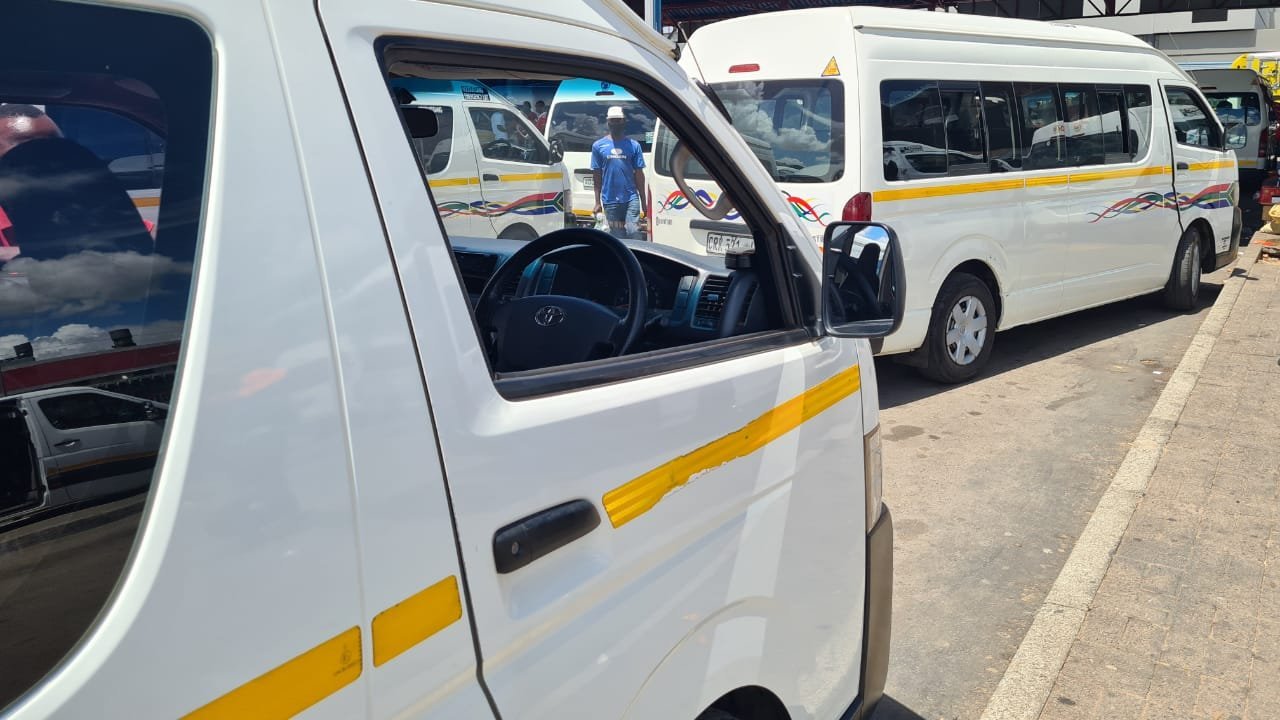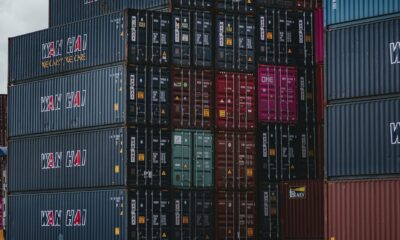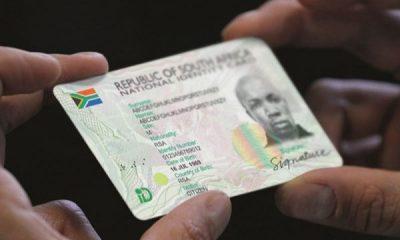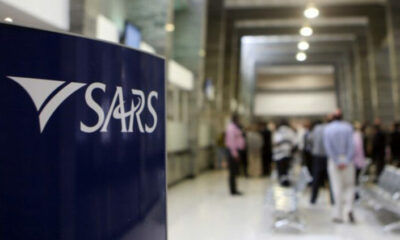News
Inside South Africa’s R100 Billion Taxi Industry Tax Debate

It is no secret that South Africa’s minibus taxi industry is the backbone of the nation’s transport network. Every day, millions of commuters depend on it to get to work, school, and home again. Yet, despite generating an estimated R90 billion to R100 billion in annual revenue, the industry remains largely outside of South Africa’s tax net.
A Lucrative Industry In The Shadows
The Organisation Undoing Tax Abuse (OUTA) reignited the debate earlier this year when its CEO, Wayne Duvenage, argued that formalising the sector could significantly broaden the country’s tax base. He insists the conversation is not about punishing operators but about recognising them as businesses that need to contribute fairly.
His remarks echoed those of the Democratic Alliance (DA), which in 2021 revealed that the entire minibus taxi industry contributed only R5 million in taxes. To put it bluntly, a multibillion-rand sector is paying less tax than many medium-sized companies.
Why SARS Struggles To Collect
The problem, as always, comes down to cash. Taxi fares are collected almost entirely in cash, and most operations have little to no financial documentation. For the South African Revenue Service (SARS), that makes it nearly impossible to verify income and enforce compliance.
Legally, under-declaring income is a crime. The Tax Administration Amendment Act allows for up to two years in prison for offenders. But in practice, tackling an industry this vast and decentralised is no easy feat.
SANTACO Pushes Back
The South African National Taxi Council (SANTACO) isn’t taking these accusations lying down. Spokesperson Mmatshikhidi Rebecca Phala has dismissed the claims as “misguided and shallow,” arguing that many taxi operators already pay personal income tax as sole proprietors.
She pointed out that SARS regularly issues tax clearance certificates to operators, which are required for renewing operating licenses. However, she conceded that the current tax framework does not adequately account for the informal nature of the taxi business. For that reason, large parts of the sector remain outside the corporate tax system.
A Sector Too Big To Ignore
The debate has spilled into the public arena, with many South Africans venting their frustrations online. On social media, users questioned why ordinary citizens face strict tax enforcement while a billion-rand industry seems to escape scrutiny. Others, however, sympathised with taxi owners, noting the rising costs of fuel, vehicle maintenance, and safety issues in the sector.
What Happens Next?
At its core, this is a question of fairness and sustainability. If the taxi industry were brought fully into the tax fold, it could make a meaningful difference to the national fiscus at a time when the state is scrambling for revenue. But without reforming the way informal businesses are taxed, SARS will struggle to enforce compliance.
For now, the R100 billion taxi industry remains both indispensable to South Africa’s daily life and one of its biggest untapped tax opportunities.
{Source:Business Tech }
Follow Joburg ETC on Facebook, Twitter , TikTok and Instagram
For more News in Johannesburg, visit joburgetc.com


























